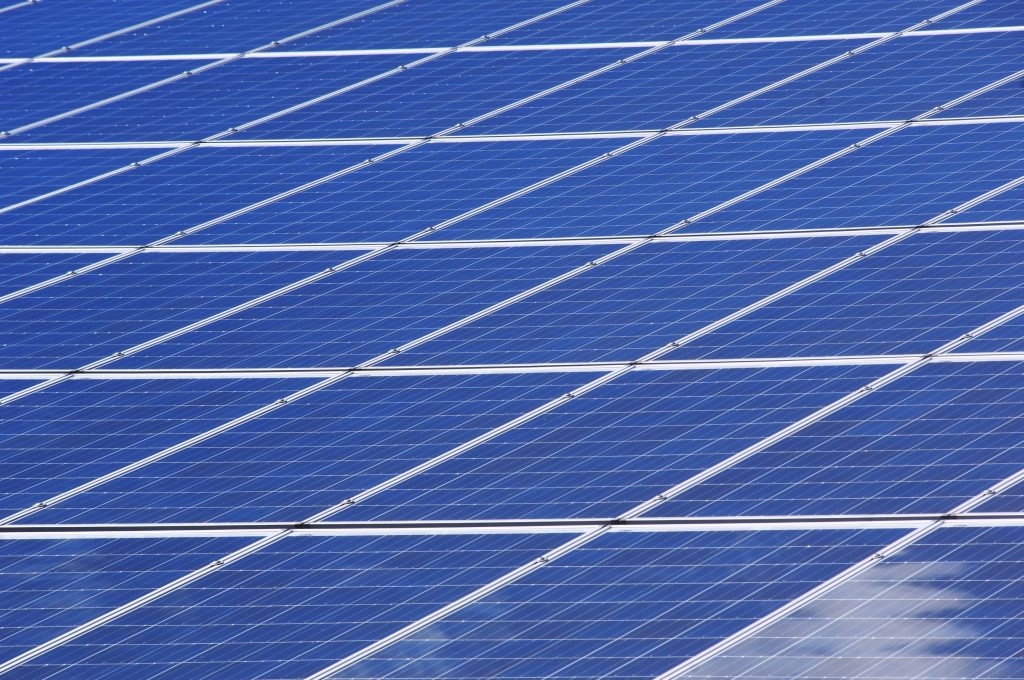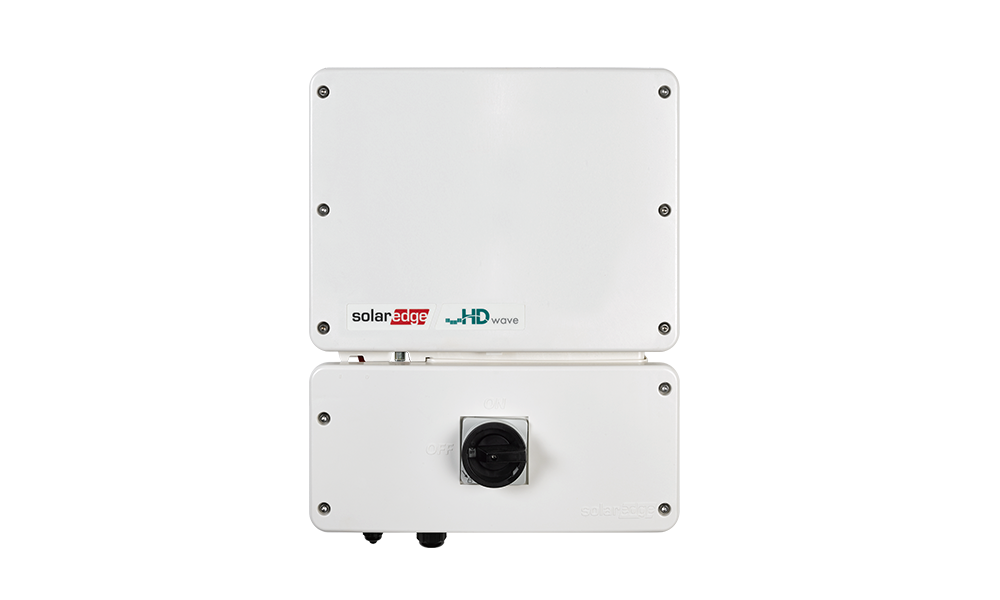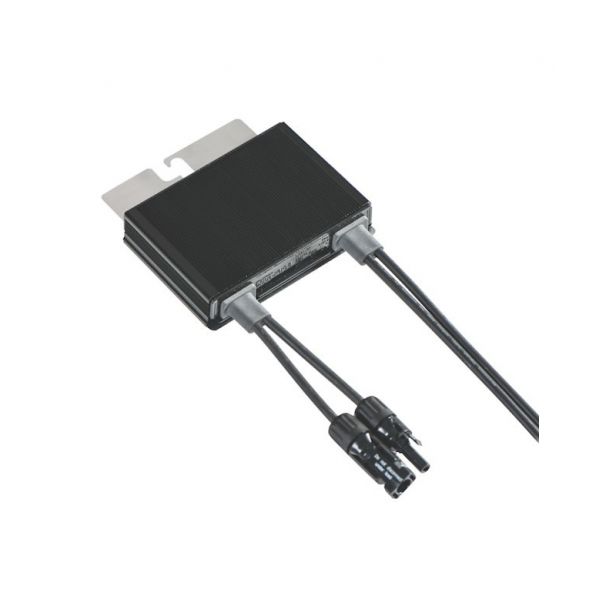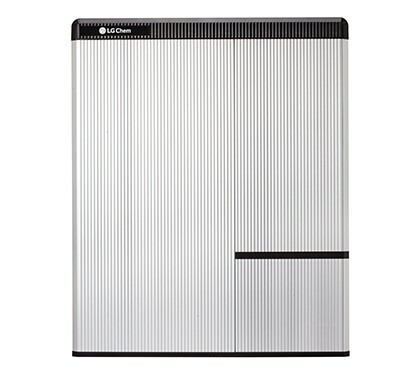What are the main factors to consider even before looking at financing options?
Is your home suitable for solar panels? Do you have the right location?
Although the solar system is suitable for most roofing materials, the direction of the roof and shading are important factors. The more direct sun your panels get, the more energy they will generate. Therefore, make sure that you have enough direct sun, there are no big trees or your neighbors’ homes that create excessive shade on your roof. South-facing solar panels will produce the most energy for homes above the equator.
Roof age
Solar panels are good to last for decades, so make sure you will not need to replace or repair the roof during that time. Check that your roof is in good condition for many years to come, that there are no leaks, and that a replacement is not anticipated any time soon. If you do want to install a solar system, check the roof condition and take care of any pending issues before. Otherwise, removing and reinstalling the solar system after fixing the roof can be costly.
What are the main system components?
Panels
The size of the panel and its efficiency will determine how much power you can get from each panel. The most common panels are black-on-white or black-on-black. The technology is rapidly evolving, but these are the most common and have been proven to be cost-effective.

Inverters
A power inverter is a box that converts Direct Current (DC) electricity from solar panels to Alternate Current (AC) suitable for use in your home. The traditional well known string inverter is a technology where solar panels are arranged by groups and connected by a string. Multiple strings of panels can be connected to one inverter. Newer technology introduced to the market a small micro inverter, or an optimizer, which is attached to each panel allowing it to monitor the performance of each individual panel. Unlike a microinverter that converts the energy at the panel, an optimizer sends the DC energy to a central inverter that completes the conversion process.
Inverter efficiency will have a direct impact on the amount of time it takes for a system to pay for itself. Obviously, the more efficient the inverter, the better. Less electricity will be wasted as heat during the conversion from DC to AC.


Batteries
Batteries are not a needed part of the solar system, but can be added to store the power accumulated during the day from the sun. It can then be used during the night or function as a backup generator when there are power outages.
It is important to note that the batteries have a limited capacity and it varies by manufacturer.

Warranty
The common warranty period for solar panels is 25 years, but for that to be honored the manufacturer has to still be in business. So bear that in mind when selecting a reputable manufacturer.
The suggestion
Check https://sunroof.withgoogle.com/ to get some basic facts about your home.
Compare components and warranty periods and evaluate the company providing the installation.
Be aware that there are many options on the market, most companies sell specific packages of the above three components, while others have a little more flexibility and allow to mix and match panels, inverters, and batteries from different manufacturers.
